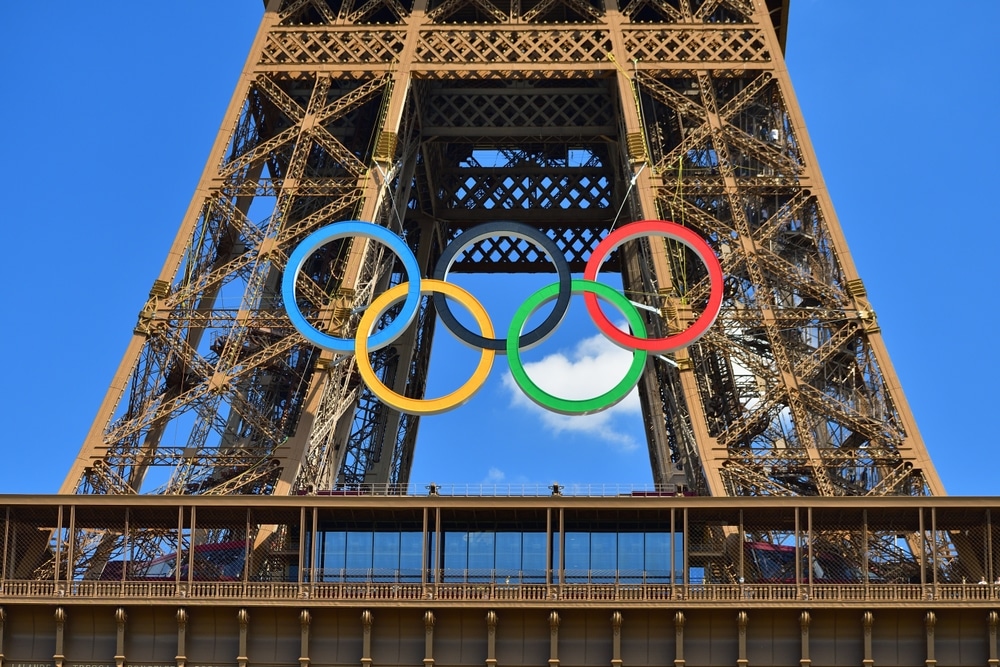According to a leading law firm, wealthy U.S. families are increasingly applying for second citizenship and national residences to hedge their financial risk.
The wealthy are building these “passport portfolios” — collections of second, and even third or fourth, citizenships — in case they need to flee their home country. Henley & Partners, a law firm specializing in high-net-worth citizenships, said Americans now outnumber every other nationality when securing alternative residences or added citizenships.
“The U.S. is still a great country, it’s still an amazing passport,” said Dominic Volek, group head of private clients at Henley & Partners. “But if I’m wealthy, I would like to hedge against levels of volatility and uncertainty.
The idea of diversification is well understood by wealthy individuals around what they invest. It makes no sense to have one country of citizenship and residence when I can diversify that aspect of my life as well.”
Recent high-profile examples of second citizenship include billionaire tech investor Peter Thiel, who added citizenship in New Zealand, and former Google CEO Eric Schmidt, who applied for citizenship in Cyprus.
Of course, the wealthy aren’t packing up en masse and ditching their American citizenship. While a relatively small number of Americans do renounce their citizenship every year to declare a new home country, mainly due to tax-filing requirements, the so-called “exit tax” required to renounce citizenship makes it financially prohibitive for most except the ultra-wealthy to renounce and declare a new citizenship.
Instead, many wealthy Americans are shopping around for an added visa or citizenship program to supplement their U.S. passport.
According to Henley, Portugal, Malta, Greece, and Italy are the top destinations for supplemental passports in America. Portugal’s “Golden Visa” program is especially popular since it provides a path to residency and citizenship — with visa-free travel in Europe — in exchange for an investment of 500,000 euros (roughly $541,000) in a fund or private equity. Malta offers a Golden Visa for 300,000 euros invested in real estate, which Volek said has become “especially popular with Americans.”
“With Malta, you become a European citizen, with complete settlement rights across Europe,” he said. “So you can live in Germany, your kids can go and study in France, and you have the right to live, work and study throughout Europe.”
Three main reasons exist for the rise of American passport portfolios, or “domicile diversification.” An alternative passport makes travel easier for Americans venturing to parts of the world that are less friendly to the U.S.
According to a Henley report, “For American, British, and Israeli citizens suddenly unsure of their welcome abroad, supplementary passports provide vital flexibility.
“With rising global instability, holding citizenship in another country, particularly one that is considered more neutral or politically benign, now provides a valuable back-up or alternative option.”
Another reason is business travel, which can be safer and less conspicuous with a non-U.S. passport in many countries. U.S. business leaders could be targets for “resentment, hostage-taking, or random terrorism in the chaos of collapsed states or high-risk countries they need to travel to for business purposes,” according to the report, which says interested parties range from hedge-fund managers who meet with global clients to mining company executives who visit operations sites.
Using a secondary passport can also help with cross-border financial transfers or deals within the new country.
Finally, some wealthy Americans want a back-up residency for possible retirement, to be closer to their families who live abroad or for lifestyle reasons in the new age of remote work. For others, U.S. politics is the driver.

















